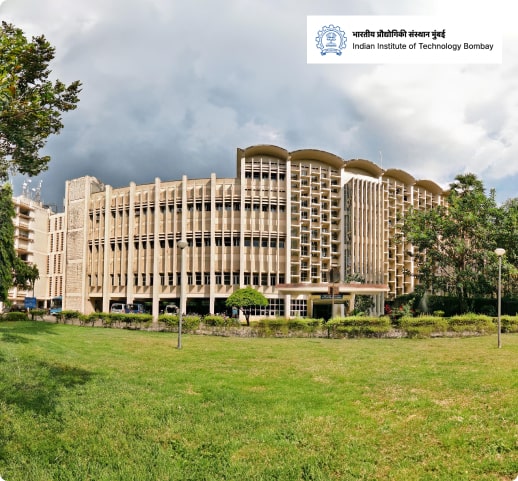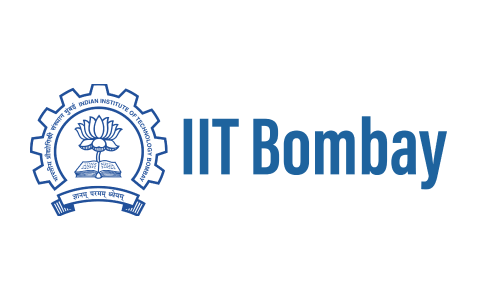Earn a certificate & get recognized
Advanced Python Projects
Enrol today to start your journey towards mastery of Python. Take your Python skills to the next level with our free Advanced Python Projects course, led by experts. Learn to build fascinating projects using Python.
Instructor:
Ms. Sampriti ChatterjeeAdvanced Python Projects
5.2K+ learners enrolled so far
Stand out with an industry-recognized certificate
10,000+ certificates claimed, get yours today!
Get noticed by top recruiters
Share on professional channels
Globally recognised
Land your dream job

Skills you will gain
Python
Key Highlights
Get free course content
Master in-demand skills & tools
Test your skills with quizzes
About this course
In this free Advanced Python Projects course, you'll learn about some projects that you can build using Python.
First up, we'll cover how to generate QR codes using Python. QR codes are becoming more and more popular, and knowing how to generate them using Python can come in handy. We'll teach you how to create QR codes for websites, contact information, and more. Next, we'll show you how to create a virtual assistant using Python. Imagine being able to ask your computer to do things for you, like play music, turn on the lights, or even order pizza. With this project, you can build your very own virtual assistant to do just that. We'll also cover two different apps that you can build using Python. The first is an app to compare prices on e-commerce sites. This can be really useful if you're looking to buy something online and want to make sure you're getting the best deal. The second app is one to track Amazon prices. With this app, you can track the price of a specific item on Amazon and get notified when it goes on sale.
Finally, we'll teach you how to create a password using Python. Passwords are a crucial part of our digital lives, and knowing how to create strong ones is important. With Python, you can build a password generator that creates strong and unique passwords for you.
Course outline
How to generate QR code using Python
In this module, you will learn the concept of QR code and how to generate QR code in Python.
Creating a Virtual Assistant using Python
In this module, you will learn the overview of Google Colab and Google Colab library, Natural language processing, ChatBot.
App to Compare Prices on E-Commerce Sites
In this module, you will learn the how to compare prices in e-commerce sites using Google Colab and Google Colab library.
App to Track Amazon Prices
In this module, you will learn how to Build a Python App to track e-commerce sites prices.
Create Password using Python
In this module, you will learn the Name time or Name part in the code, how to use Google Colab, Beautiful Soup, and SMTP to create a String password.
Get access to the complete curriculum once you enroll in the course
Stand out with an industry-recognized certificate
10,000+ certificates claimed, get yours today!
Get noticed by top recruiters
Share on professional channels
Globally recognised
Land your dream job

Advanced Python Projects
2.25 Hours
Beginner
5.2K+ learners enrolled so far
Get free course content
Master in-demand skills & tools
Test your skills with quizzes
Refer and earn
Get learning discounts up to ₹2,000
Our course instructor

Ms. Sampriti Chatterjee
Data Science Expert
Frequently Asked Questions
Will I receive a certificate upon completing this free course?
Is this course free?
What are the prerequisites required to learn this Advanced Python Projects Course?
You do not need any prior knowledge except knowing what Python is to learn this Advanced Python Projects Course.
How long does it take to complete this free Advanced Python Projects course?
Advanced Python Projects is a 1.2 - hour long course, but it is self-paced. Once you enroll, you can take your own time to complete the course.
Will I have lifetime access to the free course?
Yes, once you enroll in the course, you will have lifetime access to any of the Great Learning Academy’s free courses. You can login and learn whenever you want to.
Will I get a certificate after completing this Advanced Python Projects Free course?
Yes, you will get a certificate of completion after completing all the modules and cracking the assessment.
How much does this Advanced Python Projects Course cost?
It is an entirely free course from Great Learning Academy. Anyone interested in learning Advanced Python Projects can start this course.
Is there any limit on how many times I can take this free course?
No. There is no limit. Once you enroll in the Advanced Python Projects Course, you have lifetime access to it. So, you can log in anytime and learn it for free online.
Become a Skilled Professional with Pro Courses
Gain work-ready skills with guided projects, top faculty and AI tools, all at an affordable price.

View Course

Included with Pro+ Subscription


View Course

Included with Pro+ Subscription
.jpg)
View Course

Included with Pro+ Subscription


View Course

Included with Pro+ Subscription
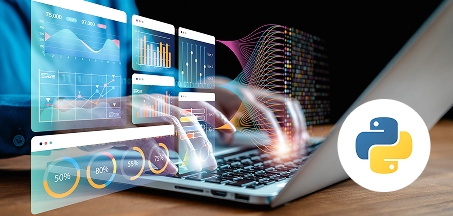
View Course

Included with Pro+ Subscription

View Course

Included with Pro+ Subscription
 (1).jpg)
View Course

Included with Pro+ Subscription
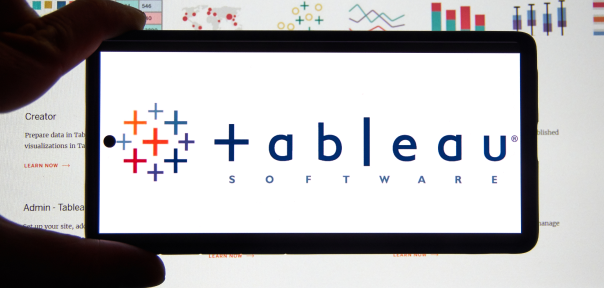
View Course

Included with Pro+ Subscription




View Course

Included with Pro+ Subscription

View Course

Included with Pro+ Subscription
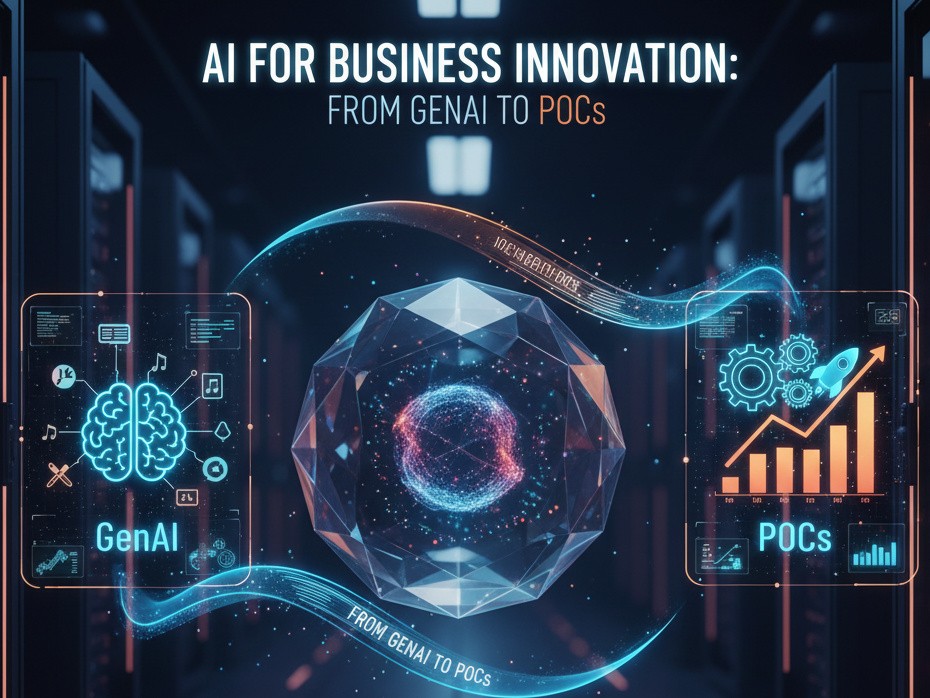
View Course

Included with Pro+ Subscription
.jpg)
View Course

Included with Pro+ Subscription

View Course

Included with Pro+ Subscription

View Course

Included with Pro+ Subscription


View Course

Included with Pro+ Subscription


View Course

Included with Pro+ Subscription
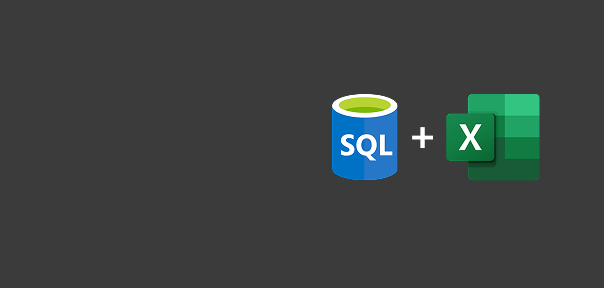

View Course

Included with Pro+ Subscription


View Course

Included with Pro+ Subscription


View Course

Included with Pro+ Subscription




View Course

Included with Pro+ Subscription

View Course

Included with Pro+ Subscription

View Course

Included with Pro+ Subscription

View Course

Included with Pro+ Subscription

View Course

Included with Pro+ Subscription
.png)
View Course

Included with Pro+ Subscription
.jpg)
View Course

Included with Pro+ Subscription
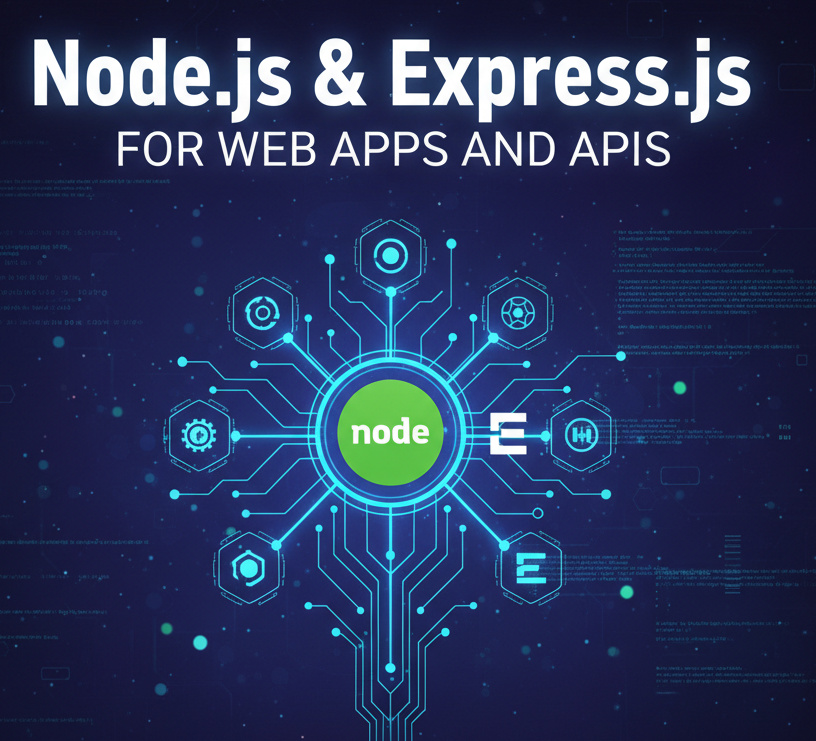
View Course

Included with Pro+ Subscription
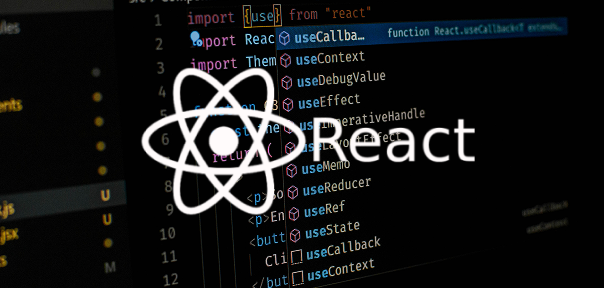
View Course

Included with Pro+ Subscription
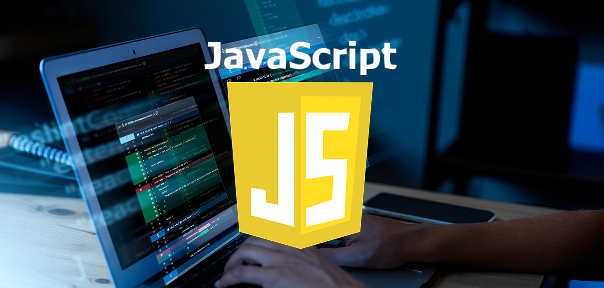
View Course

Included with Pro+ Subscription
.png)
View Course

Included with Pro+ Subscription
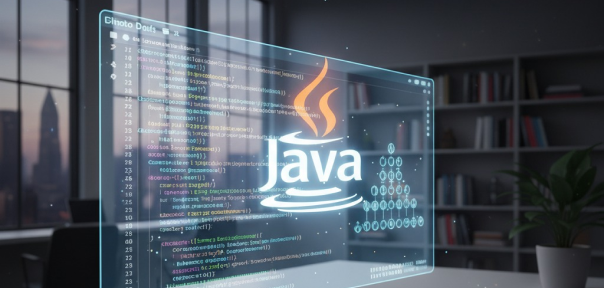
View Course

Included with Pro+ Subscription

View Course

Included with Pro+ Subscription

View Course

Included with Pro+ Subscription


View Course

Included with Pro+ Subscription

View Course

Included with Pro+ Subscription

View Course

Included with Pro+ Subscription
.png)
View Course

Included with Pro+ Subscription
.jpg)
View Course

Included with Pro+ Subscription
.jpeg)
View Course

Included with Pro+ Subscription
.jpg)
View Course

Included with Pro+ Subscription
.jpg)
View Course

Included with Pro+ Subscription
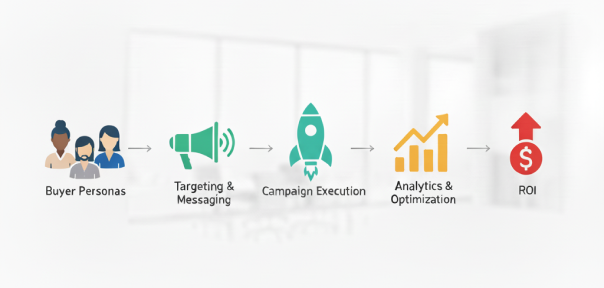
View Course

Included with Pro+ Subscription

View Course

Included with Pro+ Subscription
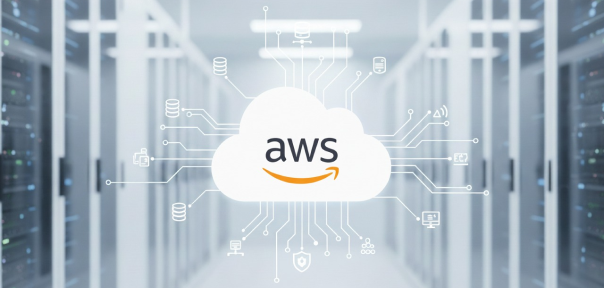

View Course

Included with Pro+ Subscription
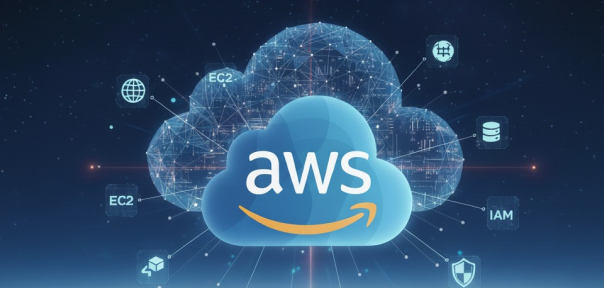

View Course

Included with Pro+ Subscription


View Course

Included with Pro+ Subscription
.png)
View Course

Included with Pro+ Subscription



.png)

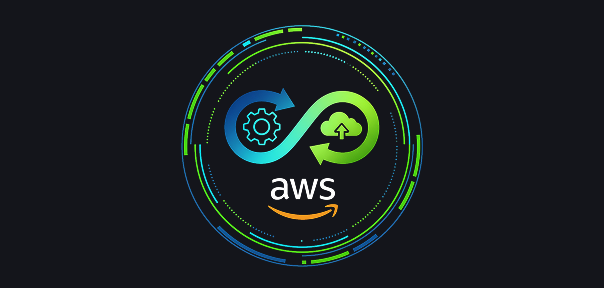
View Course

Included with Pro+ Subscription
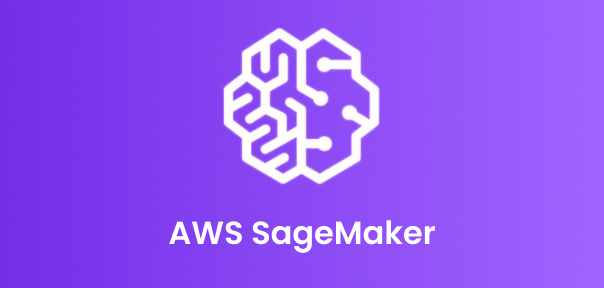

View Course

Included with Pro+ Subscription
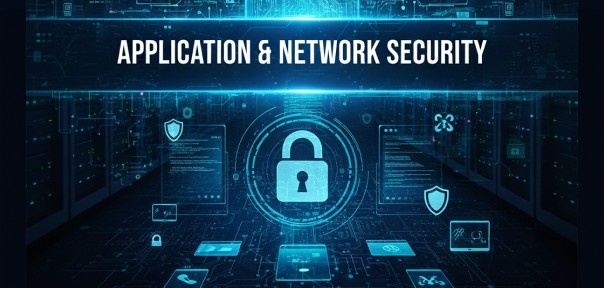
View Course

Included with Pro+ Subscription

View Course

Included with Pro+ Subscription
.png)
View Course

Included with Pro+ Subscription
.png)
View Course

Included with Pro+ Subscription
.png)
View Course

Included with Pro+ Subscription
Popular

View Course

Included with Pro+ Subscription


View Course

Included with Pro+ Subscription
.jpg)
View Course

Included with Pro+ Subscription


View Course

Included with Pro+ Subscription

View Course

Included with Pro+ Subscription

View Course

Included with Pro+ Subscription
 (1).jpg)
View Course

Included with Pro+ Subscription

View Course

Included with Pro+ Subscription
AI & Generative AI




View Course

Included with Pro+ Subscription

View Course

Included with Pro+ Subscription

View Course

Included with Pro+ Subscription
.jpg)
View Course

Included with Pro+ Subscription

View Course

Included with Pro+ Subscription

View Course

Included with Pro+ Subscription
Microsoft Courses


View Course

Included with Pro+ Subscription


View Course

Included with Pro+ Subscription


View Course

Included with Pro+ Subscription


View Course

Included with Pro+ Subscription


View Course

Included with Pro+ Subscription


Data Science & ML


View Course

Included with Pro+ Subscription

View Course

Included with Pro+ Subscription

View Course

Included with Pro+ Subscription

View Course

Included with Pro+ Subscription

View Course

Included with Pro+ Subscription
.png)
View Course

Included with Pro+ Subscription
IT & Software
.jpg)
View Course

Included with Pro+ Subscription

View Course

Included with Pro+ Subscription

View Course

Included with Pro+ Subscription

View Course

Included with Pro+ Subscription
.png)
View Course

Included with Pro+ Subscription

View Course

Included with Pro+ Subscription

View Course

Included with Pro+ Subscription

View Course

Included with Pro+ Subscription


View Course

Included with Pro+ Subscription
 (1).png)
View Course

Included with Pro+ Subscription


View Course

Included with Pro+ Subscription

View Course

Included with Pro+ Subscription


View Course

Included with Pro+ Subscription

View Course

Included with Pro+ Subscription
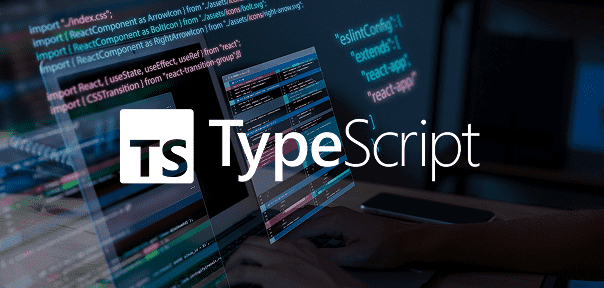
View Course

Included with Pro+ Subscription
.png)
View Course

Included with Pro+ Subscription
.png)
View Course

Included with Pro+ Subscription
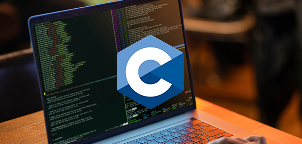
View Course

Included with Pro+ Subscription
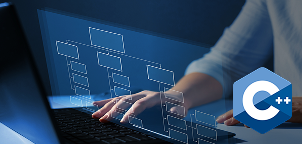
View Course

Included with Pro+ Subscription

View Course

Included with Pro+ Subscription

View Course

Included with Pro+ Subscription

View Course

Included with Pro+ Subscription
Management

View Course

Included with Pro+ Subscription

View Course

Included with Pro+ Subscription
.png)
View Course

Included with Pro+ Subscription
.jpg)
View Course

Included with Pro+ Subscription
.jpeg)
View Course

Included with Pro+ Subscription
.jpg)
View Course

Included with Pro+ Subscription
.jpg)
View Course

Included with Pro+ Subscription

View Course

Included with Pro+ Subscription

View Course

Included with Pro+ Subscription
.png)
View Course

Included with Pro+ Subscription
.png)
View Course

Included with Pro+ Subscription
.png)
View Course

Included with Pro+ Subscription
.png)
View Course

Included with Pro+ Subscription
.png)
View Course

Included with Pro+ Subscription
 (1).jpg)
View Course

Included with Pro+ Subscription

View Course

Included with Pro+ Subscription
Cloud Computing


View Course

Included with Pro+ Subscription


View Course

Included with Pro+ Subscription


View Course

Included with Pro+ Subscription
.png)
View Course

Included with Pro+ Subscription



.png)


View Course

Included with Pro+ Subscription


View Course

Included with Pro+ Subscription
.png)

View Course

Included with Pro+ Subscription
.jpg)

.jpg)

.png)

View Course

Included with Pro+ Subscription


Cyber Security

View Course

Included with Pro+ Subscription

View Course

Included with Pro+ Subscription
.png)
View Course

Included with Pro+ Subscription
.png)
View Course

Included with Pro+ Subscription
.png)
View Course

Included with Pro+ Subscription
Subscribe to Academy Pro+ & get exclusive features
$25/month
No credit card required
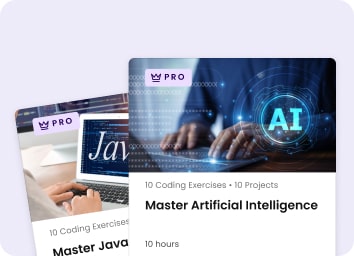
Learn from 40+ Pro courses
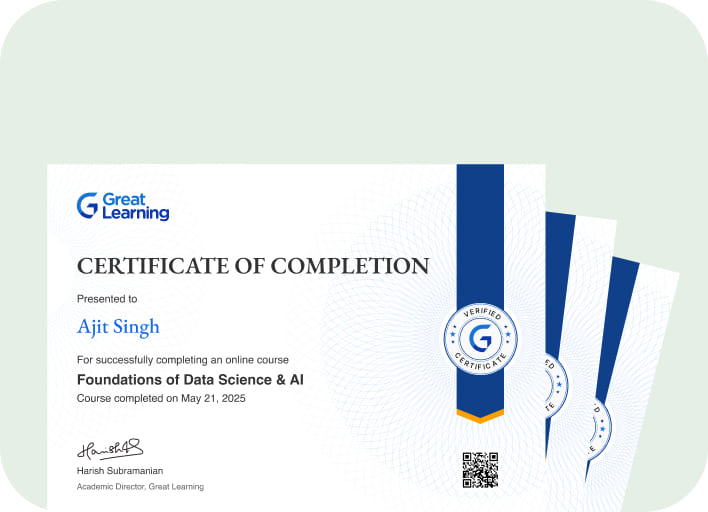
Access 500+ certificates for free
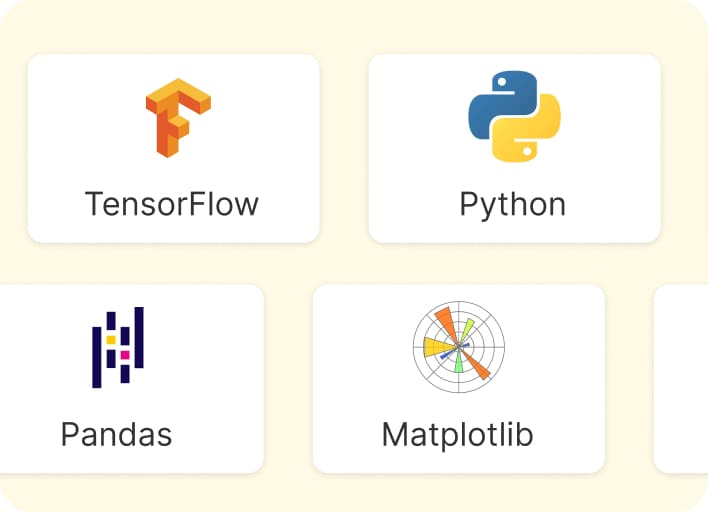
700+ Practice exercises & guided projects
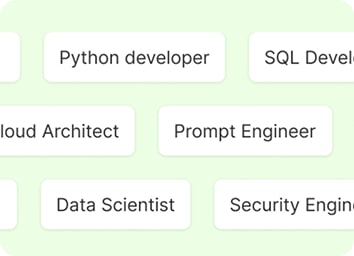
Prep with AI mock interviews & resume builder
Recommended Free Software courses

.jpg)


Similar courses you might like




Related Data Science Courses
-
Programs starting at ₹5,000 per month
Placement assistance
Personalized mentorship
Detailed curriculum
Learn from world-class faculties
50% Average salary hike -
Scholarships upto ₹25K


McCombs School of Business at The University of Texas at Austin
Post Graduate Program in Data Science with Generative AI12 months · Online
Dedicated Career SupportKnow More
-


6 Months · Online
Know More
-


18 months · Online
IIT Bombay FacultyKnow More
Relevant Career Paths >
Python Projects Course
Python is a versatile programming language that can be used for a wide range of applications. It is known for its simplicity, readability, and ease of use, which makes it a popular choice for beginners and experts alike. There are many advanced Python projects that can be developed to hone your skills and gain practical experience. Here are some examples of advanced Python projects that you can work on:
- Web Scraping: This involves writing scripts to extract data from websites. This data can be used for various purposes, such as building a database, conducting market research, or monitoring competitors. Web scraping requires knowledge of HTML, CSS, and Python libraries such as Beautiful Soup and Scrapy.
- Data Visualization: This involves using Python libraries such as Matplotlib, Seaborn, and Plotly to create interactive and informative visualizations from data. This project is ideal for those interested in data analysis, data science, and data journalism.
- Natural Language Processing (NLP): This involves using Python libraries such as NLTK and spaCy to analyze and process natural language data, such as text or speech. NLP has various applications, such as sentiment analysis, language translation, and speech recognition.
- Machine Learning: This involves using Python libraries such as Scikit-Learn and TensorFlow to develop algorithms that can learn from data and make predictions or classifications. Machine learning has various applications, such as image recognition, recommendation systems, and fraud detection.
- Game Development: This involves using Python libraries such as Pygame and Arcade to create games that can be played on desktop or mobile platforms. Game development requires knowledge of graphics programming, physics simulation, and user interface design.
- Desktop Applications: This involves using Python libraries such as PyQt and Tkinter to develop applications that can be installed and run on a desktop computer. Desktop applications can be used for various purposes, such as file management, data analysis, and productivity.
- Internet of Things (IoT): This involves using Python libraries such as Flask and Django to develop web applications that can interact with connected devices, such as sensors, cameras, and smart appliances. IoT has various applications, such as home automation, industrial monitoring, and healthcare.
- Robotics: This involves using Python libraries such as OpenCV and ROS to develop robots that can sense, act, and learn from their environment. Robotics requires knowledge of electronics, mechanics, and control theory.
In conclusion, advanced Python projects offer a great opportunity to build practical skills and gain experience in various domains. The projects listed above are just a few examples, and there are many other areas in which Python can be applied, such as finance, cybersecurity, and bioinformatics. Regardless of the project you choose, it is important to approach it with a curious and creative mindset and to seek guidance and feedback from experts in the field.








